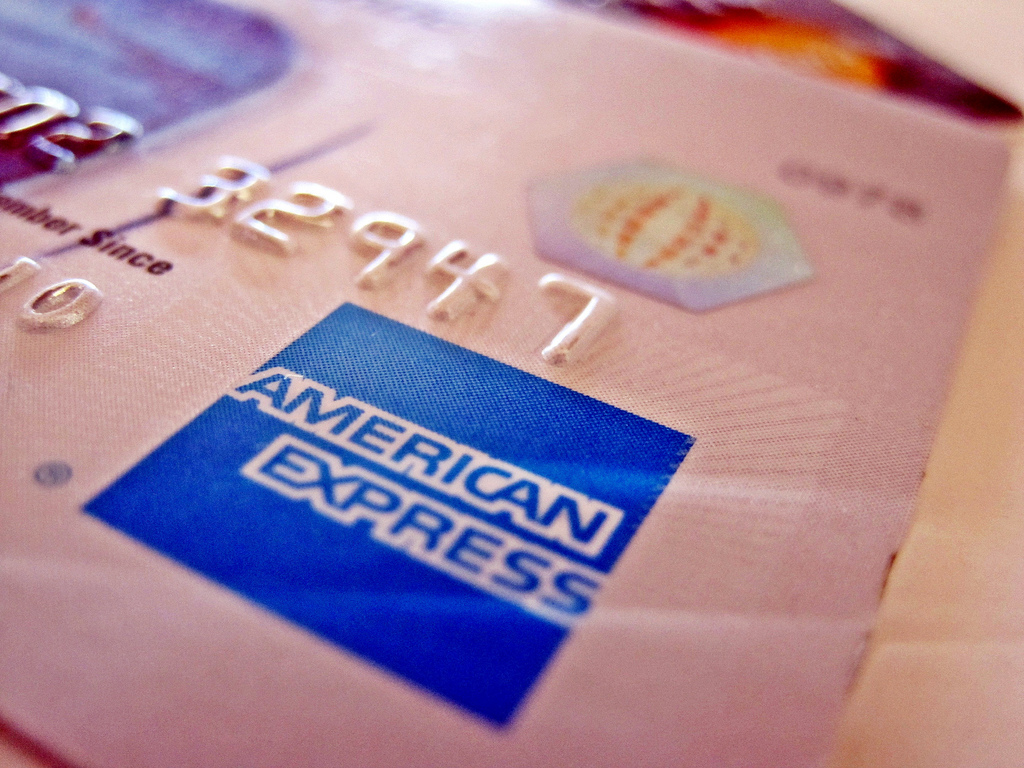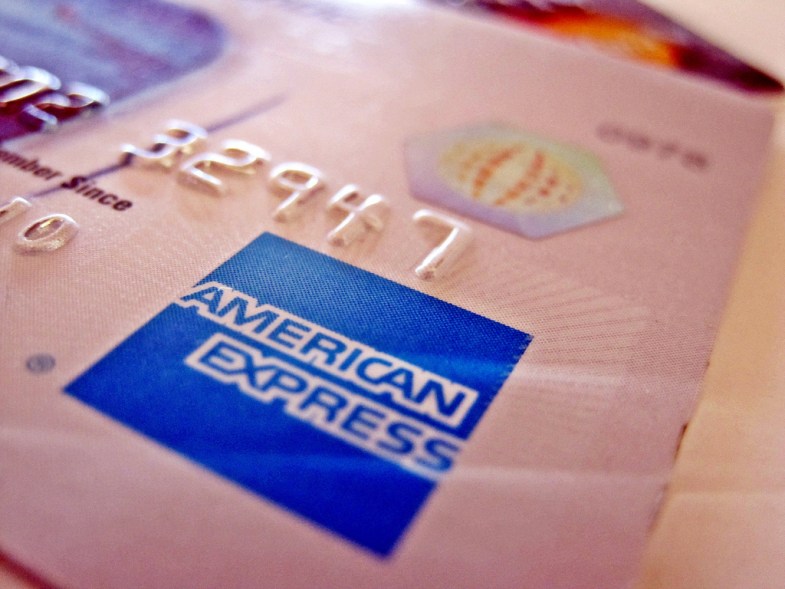
I’ve Been Rejected From Every Single Credit Card I’ve Applied For. What’s My Next Step?
Building a credit history seems easy enough, right? You pay things with your card, you pay it off at the end of the month, and you get to see your score go up. Well, it doesn't quite work like that. Applying for a card can be frustrating especially if you have no credit to start…
By ![]() Michael Koh
Michael Koh

Building a credit history seems easy enough, right? You pay things with your card, you pay it off at the end of the month, and you get to see your score go up. Well, it doesn’t quite work like that. Applying for a card can be frustrating especially if you have no credit to start from. You might be rejected from every single card you apply for. If that happens, you might feel like there’s no hope for you, but don’t give up just yet!
Every credit card issuer my friend applied to rejected his application. It turned out, even as a 20-something, he had what you’d call a “thin credit file,” which meant credit card issuers were extremely wary about this mysterious person — after all, there was next-to-no information about the trustworthiness of his financial history. Could he be trusted to pay back debt? Pay on time? Does he even have a job? And so, he was rejected from all of the major credit card issuers.
According to Nerdwallet, there are five factors that determine your FICO score (short for Fair, Isaac, and Company score).
- On-time payment history — 35% of your credit score comes from your history of paying your bills by their due dates.
- Total amount of debt — 30% of your credit score is determined by how much total debt you have. Companies like your credit utilization—the total amount of credit used versus your credit available—to be below 30%. Less is best.
- Length of credit history — 15% of your credit score comes from the length of your credit history, which means that keeping your credit accounts, particularly your oldest ones, open and active is key to maintaining a good score.
- Number of new credit applications — 10% of your score is based on recent credit applications. Here’s where a scattershot approach to applying for new cards can hurt your credit score.
- Types of credit used — 10% is based on the diversity of credit used. A diverse mix of credit cards, car loans and home mortgages is best.
If you’re starting out, you’d have none of the above applied to you, maybe aside from debt (and that’s not that great of a thing to have).
He asked me for help. I knew of something called a “secured credit card.” They are credit cards that use a down payment — collateral — to establish a line of credit. If you’re rebuilding credit or just starting out, this might be your best chance. Putting a down payment ($49, $99, $200) on a secured credit card mitigates risk on the bank’s end — after all, why would they take a chance on someone starting out and risk losing money on you?
My friend applied for Capital One’s Secured Mastercard and after a tense moment of waiting for the page to load, he was approved in minutes. After depositing the minimum $49 it required to open a line of credit, he was given a card with a $200 limit. With a secured credit card, you will have a very limited line of credit, (it might be as low as $200, as high as $3,000) but you’re focusing on building a rapport with the banks and your score, so don’t worry about the limit. Focus on paying off the bill at the end of every month. In other words, don’t carry a balance on these cards!
Although secured credit cards sound like an easy way to establish a line of credit, you have to be careful of a few things. When you’re looking for the right card for you, make sure to note annual fees — some actually charge you $50 a month as “insurance.” Don’t get suckered into that.
While shopping around for a card, he asked me if prepaid cards were worth it — after all, all you’d have to do is add money to the card, like a gift card. Prepaid cards are not secured credit cards. Not at all. In fact, prepaid cards do not report to the credit bureaus, so even if you use it and load it up with money, your credit ratings are not affected negatively or positively in any way. In short, no.
What to remember:
- Avoid cards that charge monthly fees.
- Don’t get prepaid cards to build credit.
- Pay bills off in time to slowly build credit.
- Research credit cards using CreditKarma or CreditCards.com.
If you want a comprehensive list of the best and worst secured credit cards, Beverly Harzog’s blog is worth checking out. ![]()











